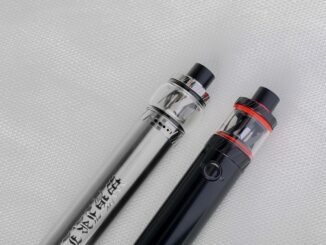
Green fashion has been evolving for some time now. Every year, designers launch special collections, new materials and concrete initiatives. The fashion industry has for years been one of the sectors with the greatest environmental impact – second only to the petrochemical sector.
But things are finally changing. Sustainability issues are becoming an integral part of corporate strategies for both luxury brands and fast fashion retailers.
What Is Green Fashion?
The objective of green fashion is to minimize damage and environmental impact. Sustainable clothing is made with pesticide-free fibres, using energy from alternative sources and paying attention to recycling and the overall reduction of water and chemical waste.
Low-impact dyes are also used, free of carcinogenic substances and harmful both to our skin and to our health.
The expression “green fashion“, however, refers to the production chain of clothing and accessories. It’s vital to respect people and workers, as well as environment and animals.
The eco-sustainability of fashion is based on three clear and well-defined principles.
Working conditions. To combat the exploitation of workers (especially children), the workforce is protected by respecting the contract, working hours, remuneration, conditions and working environment.
Ethical production. The principles and concept of rapid, fast and constant production must be opposed. In eco-fashion, the entire production chain focuses on reducing as much as possible the impact on the environment and the ecosystem. For example, chemical fertilizers and pesticides are not used in the cultivation of textile plants. Moreover, alternative fibres are chosen – thus reducing energy consumption and the use of pollutants for the optimization of logistics. Reducing the use of water for the production of garments is also a very delicate issue for companies. That’s why ecological fabrics such as linen and silk are getting more and more popular.
Animal rights. The exploitation, mistreatment and killing of animals for the production of wool, leather, furs, ivory and all derivatives are banned. It’s important to opt for alternative, totally cruelty-free solutions. To ensure that sustainable clothing is actually sustainable there are special certifications, issued by international and local authorities.
The Origins of Eco-fashion
We have been talking for many years about protecting the planet and people. However, today more than ever we should apply these concepts also to fashion, which ranks second as the most polluting industry in the world.
When we talk about eco-fashion we cannot overlook the issues related to the poor working conditions of employees in some areas of the world. Sustainability in this sense became an important issue in the early 1990s when, for the first time, the world became aware of the exploitation of workers by some major fashion brands.




